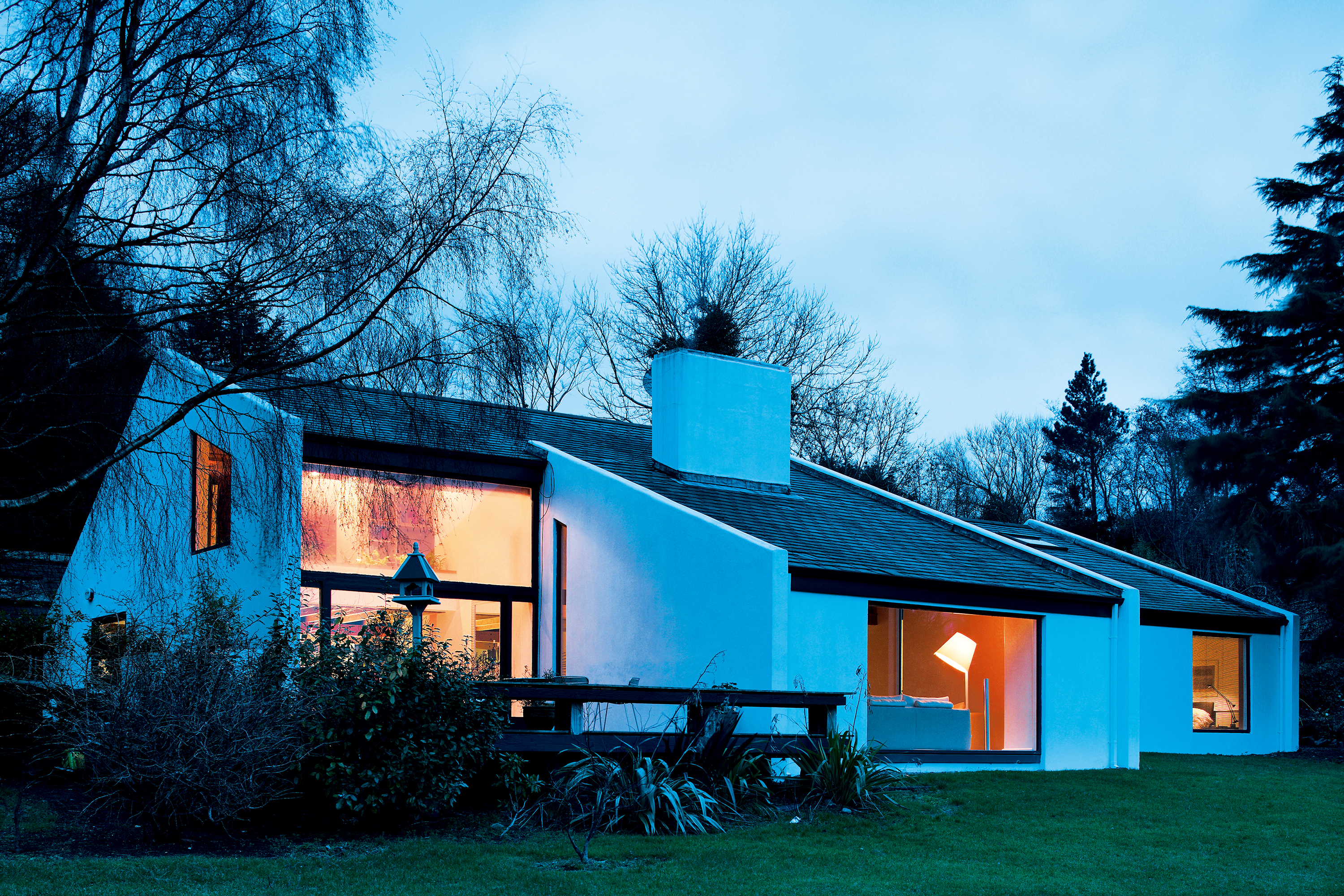
Have you ever considered a self build home? If so, you are among a growing number of people who like the flexibility and profitability of self builds and are considering one in the near future. Over 13,000 custom and self built homes were being built in the UK in 2017, and that figure is estimated to have risen to 40,000 since then.
Insulation Express have looked into UK attitudes towards self builds and have identified the best areas of the country to give one a go. It turns out that a very impressive seven million of us are actively researching building our own homes, with one million of those due to start their self building project in the next year.
There are several reasons for this huge rise in interest in the self build sector. For half (49 per cent), current new builds just aren't cutting it in terms of building quality, so building a home yourself seems like a better alternative. Self builds are also subject to reduced stamp duty, with only the price of the land taken into account, and only if that price exceeds £125,000, or £300,000 for first-time home owners. Moreover, owners of self builds make an average 29 per cent profit when they sell, making a self build an attractive form of property investment.
But what about the cost of the plots available for self building? Here, the picture varies dramatically between different regions of the UK. The most attractive plot pricing is to be found in Scotland, with Inverness and Dundee offering plots of land suitable for self building at £91,000 and £95,000 respectively.
The north of England is another attractive self build hotspot, with Manchester, Salford, and Durham offering plots for between £112,000 and £128,000. Unfortunately, it's not such good news for would-be self builders who live in Liverpool, where a self build plot will set you back an eye-watering £817,000. Oxford was the second most inhospitable city to self builders, with a plot there costing over £500,000. Derby, Cambridge and Cardiff are all also very expensive, with plots there coming in at well over £300,000.
It seems that currently, if you are seriously considering a self build, you should also be considering a dramatic relocation and potentially a lifestyle change, especially if you're hoping to make money from your self build in the future.
Join our newsletter
Get small space home decor ideas, celeb inspiration, DIY tips and more, straight to your inbox!
Anna is a professional writer with many years of experience. She has a passion for contemporary home decor and gardening. She covers a range of topics, from practical advice to interior and garden design.
-
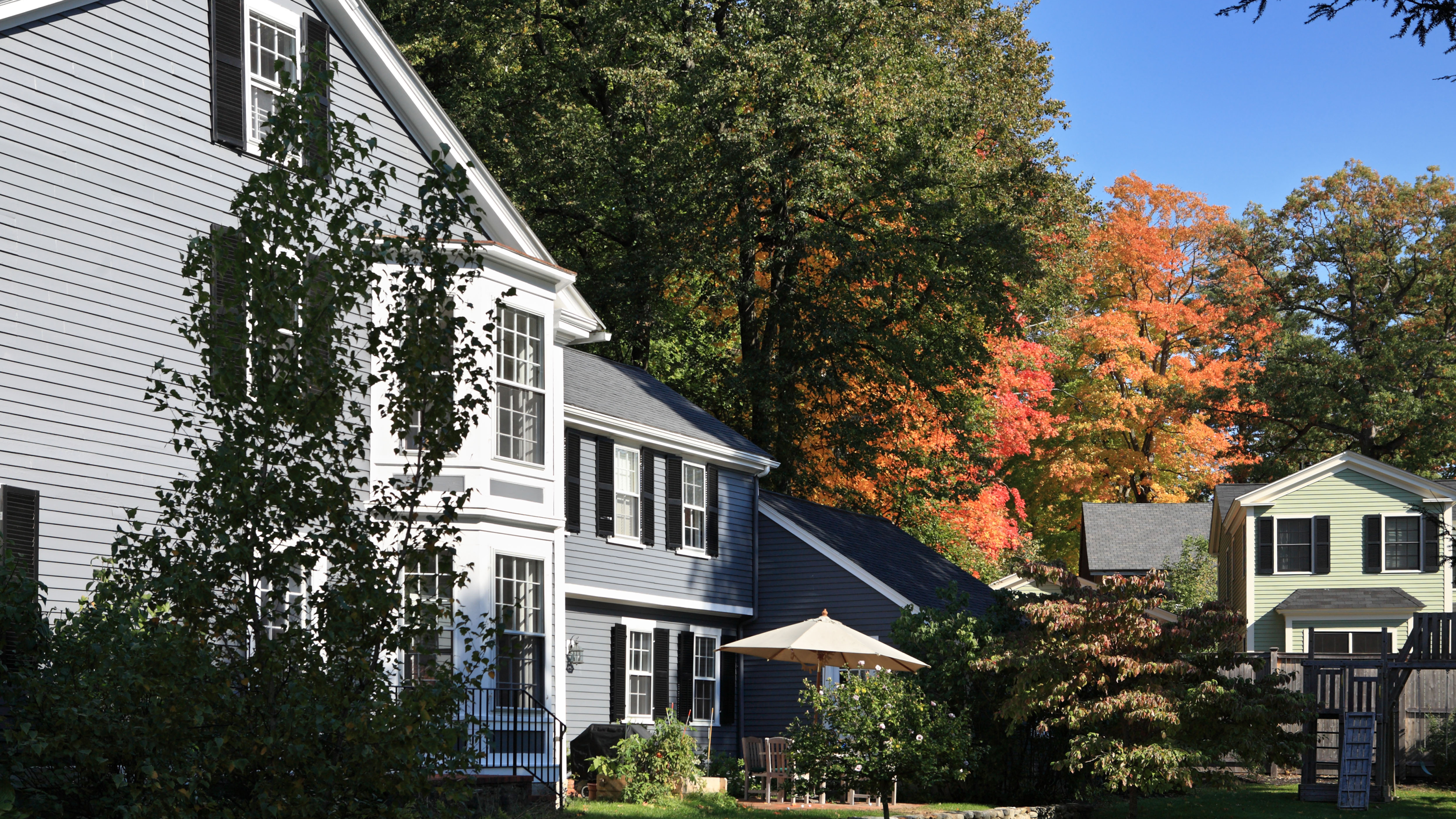 Housing market forecast: home buyers are rushing to beat rising mortgage rates
Housing market forecast: home buyers are rushing to beat rising mortgage ratesThe latest housing market forecast reveals a new factor in a hot market – steadily rising mortgage rates
By Anna Cottrell Published
-
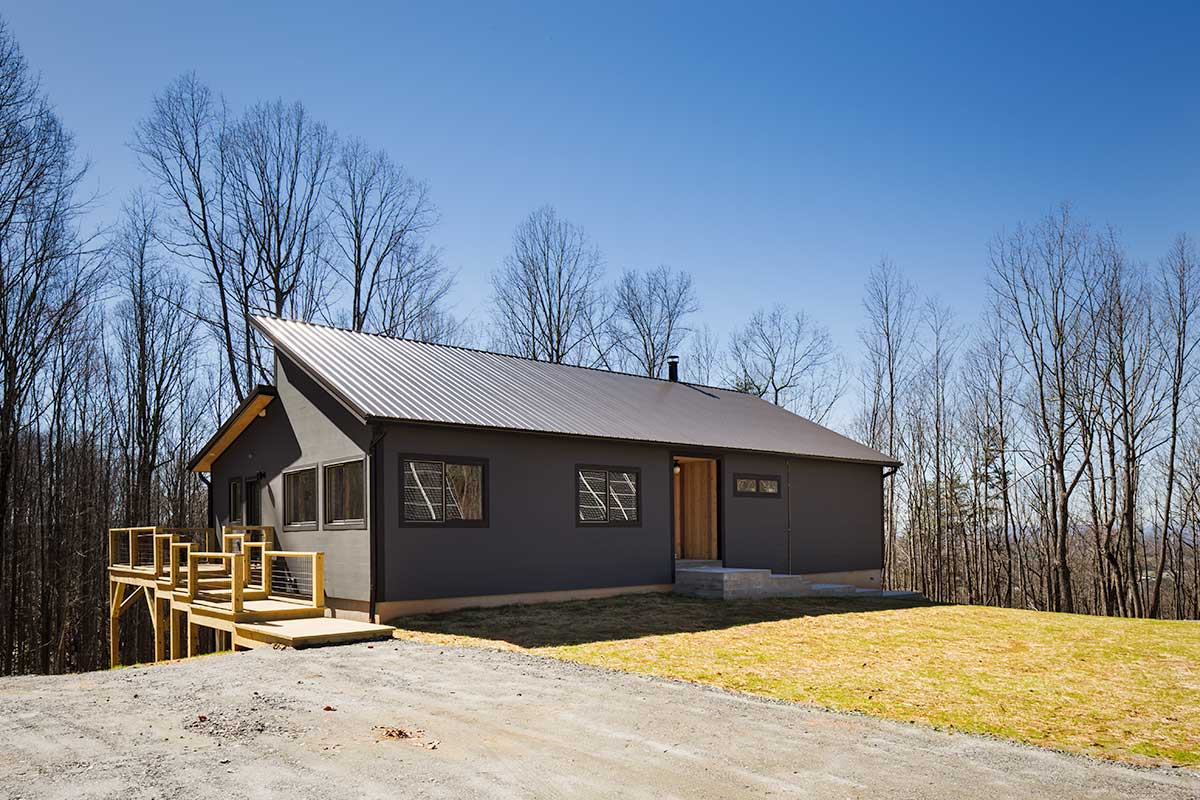 Manufactured homes vs. modular homes – the main differences
Manufactured homes vs. modular homes – the main differencesIn the matchup of manufactured homes vs. modular homes how do the two choices rate? Here’s the answer
By Sarah Warwick Published
-
 Prefabricated homes explained – the advantages and where to start
Prefabricated homes explained – the advantages and where to startWondering about the benefits of prefabricated homes and want to know more? Get the lowdown
By Sarah Warwick Last updated
-
 What are modular homes and what do they cost? We have the lowdown
What are modular homes and what do they cost? We have the lowdownModular homes can be a great alternative to traditional site-built homes, and our guide will answer your questions
By Sarah Warwick Last updated
-
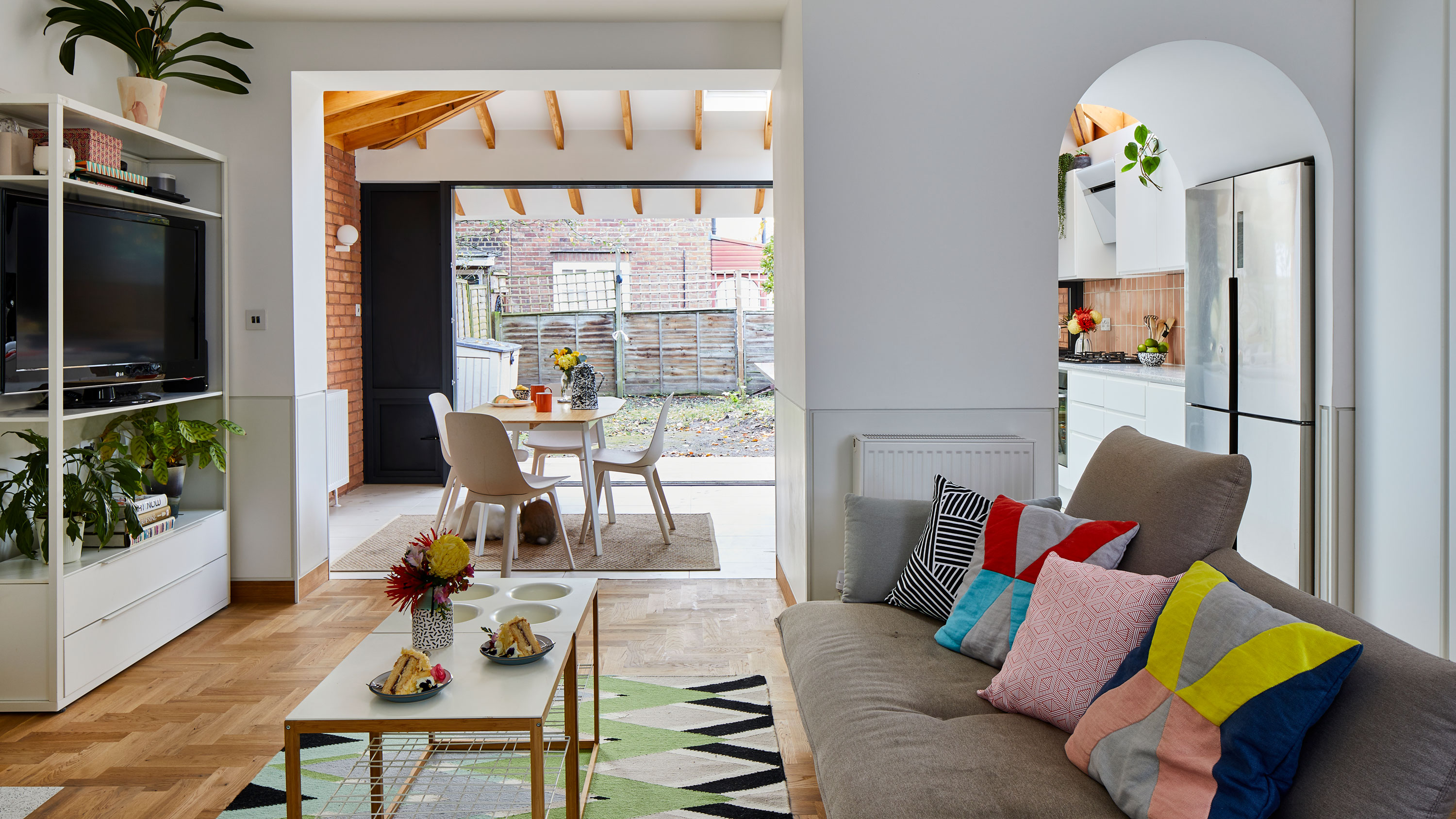 Before & after: A broken-plan layout completes this Edwardian terrace
Before & after: A broken-plan layout completes this Edwardian terraceThese happy bunnies have the best of both worlds. Divide and conquer
By Ellen Finch Published
-
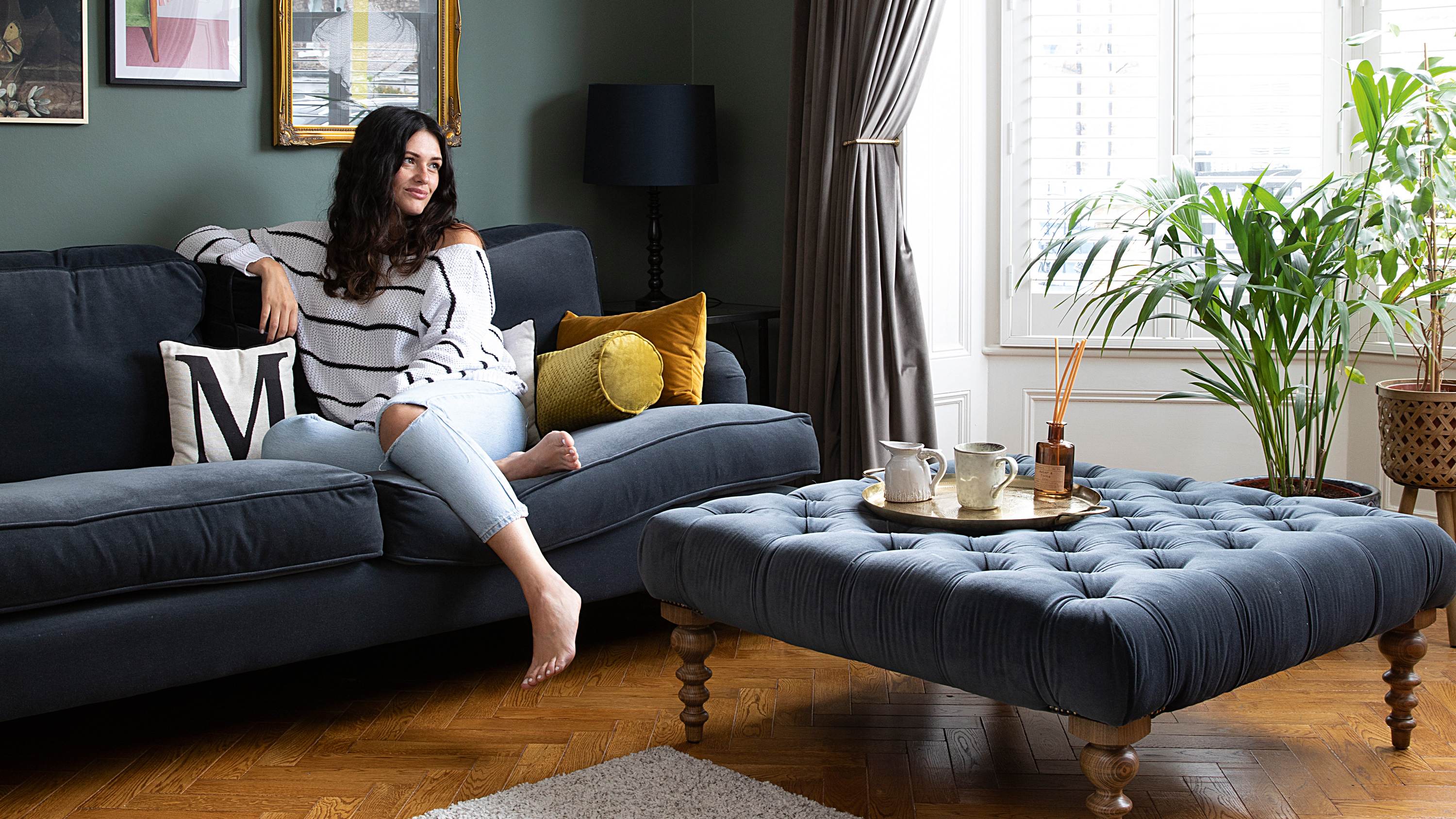 This dark and dramatic house just oozes original charm
This dark and dramatic house just oozes original charmThe color choices for this gorgeous Victorian home may seem bold, but just take a tour and you'll be reaching for the deep teal paint too...
By Ifeoluwa Adedeji Published
-
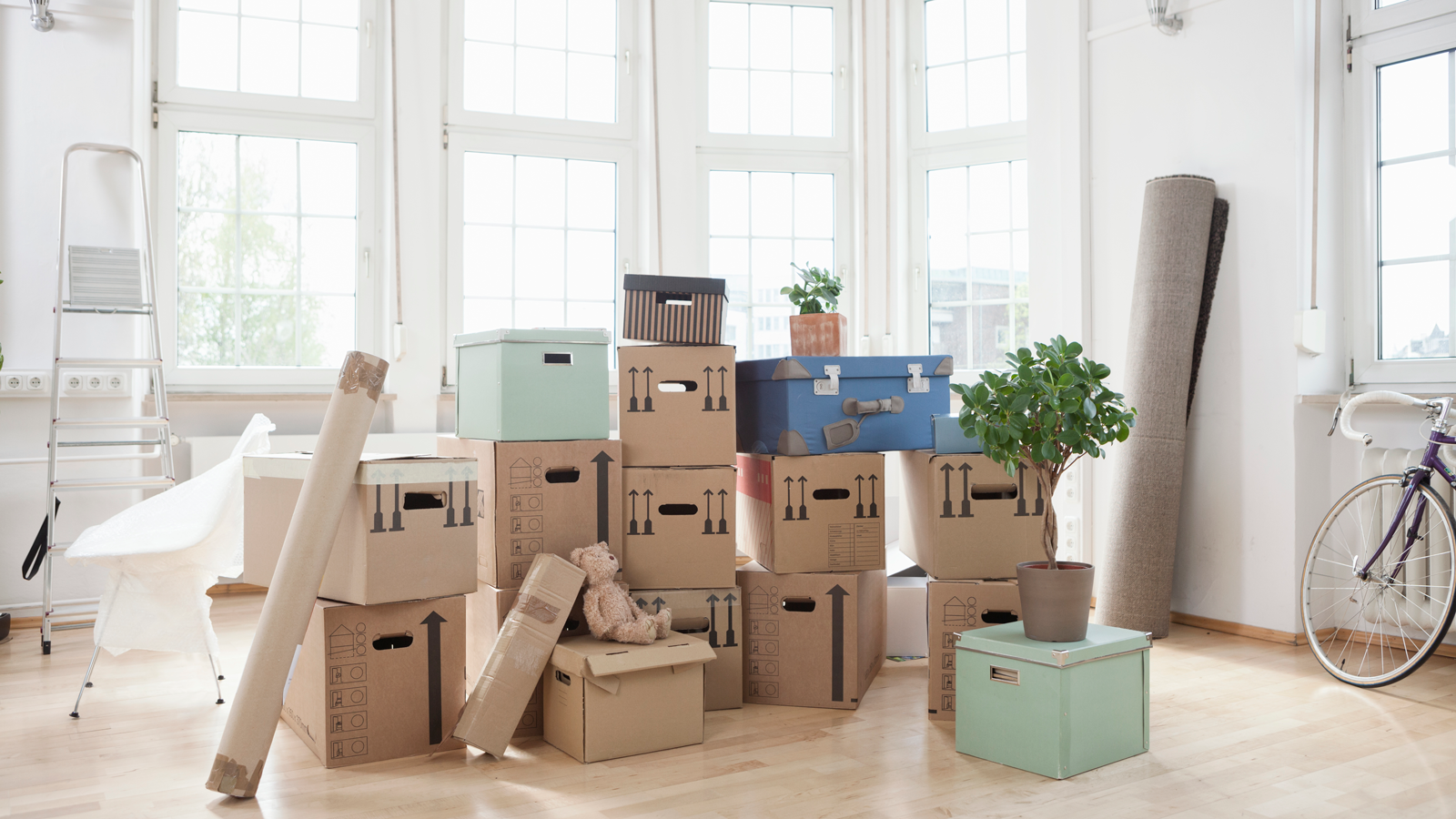 These are the items you’re most likely to lose when moving house - and one could be seriously costly
These are the items you’re most likely to lose when moving house - and one could be seriously costlyDon't miss these off your checklist come moving day
By Millie Hurst Published
-
 A new survey reveals the one room we'd add to our home if money were no object
A new survey reveals the one room we'd add to our home if money were no objectBecause you can never have too many books
By Millie Hurst Last updated